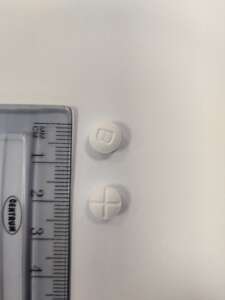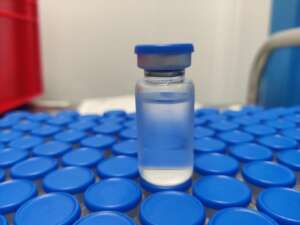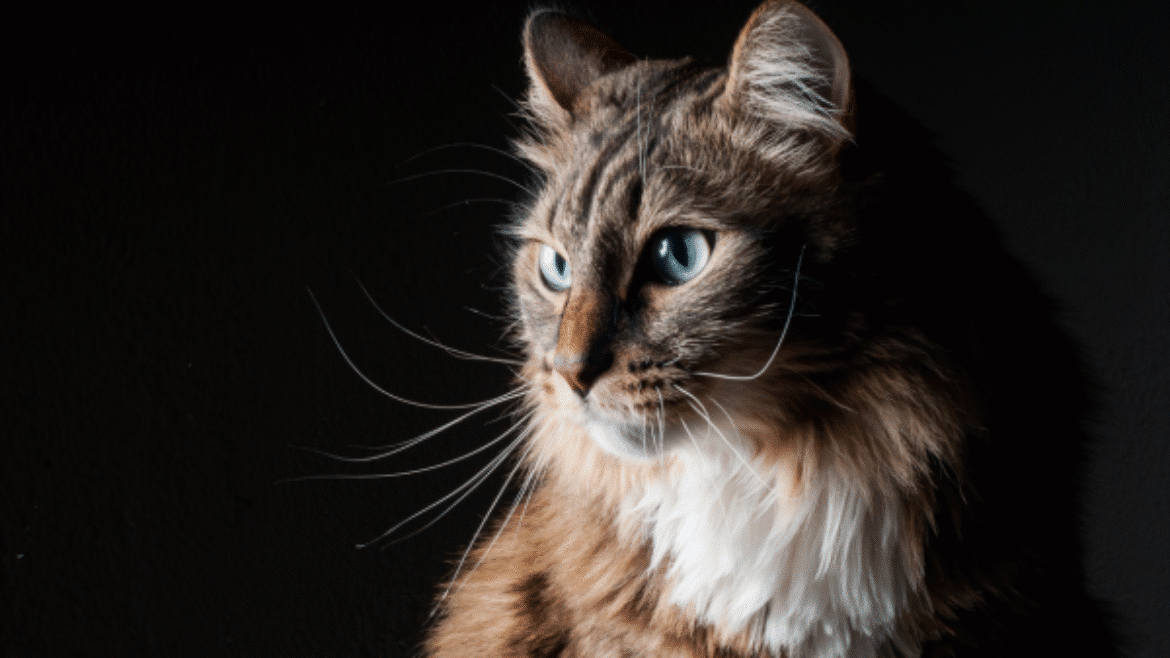The treatment of feline infectious peritonitis (FIP) in the UK – FAQs about treating FIP
Last updated: 02/2024
Sam Taylor BVetMed(Hons) CertSAM DipECVIM-CA MANZCVS FRCVS
Séverine Tasker BVSc BSc DSAM PhD DipECVIM-CA FHEA FRCVS
Danielle Gunn-Moore BSc(Hon), BVM&S, PhD, MANZCVS, FHEA, FRSB, FRCVS
Emi Barker BSc BVSc PhD PGCertTLHE DipECVIM-CA MRCVS
Stephanie Sorrell BVetMed(Hons) MANZCVS DipECVIM-CA MRCVS
Thank you to Richard Malik & Sally Coggins for their advice and assistance in producing this document.
The above specialists have come together to run the ‘FIP advice’ email address (fipadvice@gmail.com) answering queries on the new treatments on a voluntary basis and disseminating information to vets and vet nurses in the UK.
- What about neutering, parasiticides & vaccination during or after treatment for FIP?
- Should oral treatments for FIP be given with or without food?
- Are there adjunctive treatments I can use while treating FIP?
- Can I trial treat FIP with GS-441524 or remdesivir?
If you are a cat owner, please watch our animal owner educational webinar.
The UK has had nucleoside analogue antivirals legally available to vets for the treatment of FIP in cats since August 2021. In that time many cats and kittens have been treated successfully. However, knowledge and recommended treatment protocols are constantly evolving, with updated guidance being released February 2024. This article has been created to support vets in the use of oral GS-441524 (50mg tablets and 50mg/ml oral suspension) and injectable remdesivir (Figures 1 and 2) in the management of FIP.
It is worth remembering that treatment needs to be tailored to the individual cat based on response, compliance and client finances. An information sheet on FIP is downloadable from our website here: Feline Infectious Peritonitis (FIP) Information for Cat Owners. (bova.vet)
For recommended protocols for treating FIP please read ‘The treatment of feline infectious peritonitis (FIP) in the UK – an update on treatment options‘. For information about what to monitor while treating FIP please refer to ‘What to look out for when treating FIP‘.
What about neutering, parasiticides & vaccination during or after treatment for FIP?
- Neutering is ideally performed from a month after treatment is completed if the cat has responded well. However, if leaving the cat unneutered is causing stress e.g., attempts to escape or distress when queens are on heat, neutering during therapy may be preferred, ideally when the cat is doing well on treatment with at least another 4 weeks of treatment remaining. Some measure AGP to confirm it is normal before neutering;
- There is no contraindication to routine worming and flea treatment for cats on GS-441524 or remdesivir;
- No information is available on response to vaccination of cats receiving treatment for FIP although analysis of treated cases suggests that cats can be safely vaccinated after or during successful treatment without causing relapse. Vaccines should be administered as is normally recommended for the cat depending on its environment and risk (see WSAVA or ABCD Vaccination Guidelines). If urgent vaccination is required whilst the cat is being treated, due to the risk of infectious disease, vaccines can be given if the cat is well;
- If veterinary visits and procedures are necessary, clinic stays should be minimised, and Cat Friendly Clinic protocols and handling implemented to reduce stress to the cat.
Should oral treatments for FIP be given with or without food?
- GS-441524 suspension or tablets can be given with a small treat (tablets can be crushed for this) or directly into the cat’s mouth. Further study is needed to review the effect of food on absorption, but it is recommended to give in a small treat or on an empty stomach, leaving a gap of an hour or more before feeding a larger meal. Fasting cats overnight can increase their hunger to facilitate medicating in the morning, and similarly for an evening dose. However, starving kittens is never recommended as they cannot cope with this. Any withholding of food needs to be tailored to the age of the cat.
Do not forget to support clients giving oral medications, as this can also be challenging. Direct clients to the iCatCare website for information and videos: https://icatcare.org/advice/how-to-give-your-cat-a-tablet/
Are there adjunctive treatments I can use while treating FIP?
Cats with FIP may benefit from various types of supportive care. No specific supplements have been studied alongside antivirals, and multiple oral medications may not be optimal due to compliance (as well as additional costs). However, sick and dehydrated cats may require intravenous fluid therapy. The following interventions can be considered depending on the case:
- Affected cats may be painful e.g., from pleural and peritoneal inflammation, distension from masses, uveitis, and neurological lesions. Treatment with opioids, such as buprenorphine, may be of benefit and other drugs such as NSAIDs (if hydration status and renal parameters are normal and the cat is eating) as part of multimodal analgesia;
- Repeat drainage of pleural effusions may be required during the initial treatment period. Abdominal effusions are not normally drained, unless they are causing respiratory compromise due to pressure;
- Cats with FIP have often lost weight and body condition so nutrition is a priority. Appetite stimulants such as mirtazapine (and/or capromorelin oral solution) may be useful and some sick cats benefit from feeding tube placement short-term, which can facilitate medicating; since nasal tubes are poorly tolerated by cats and may cause depression, cats with profound anorexia that cannot be alleviated by the drugs above may benefit from an oesophagostomy (O-)tube being placed;
- Drugs such as maropitant may benefit cats feeling nauseous and encourage eating;
- Occasionally, FIP can cause severe (sometimes haemolytic) anaemia and blood transfusion can be considered alongside antivirals;
- Hepatoprotectants e.g., S-adenosyl methionine (SAME), with or without silybin are not usually required, even in cats with ALT enzyme activity increases;
- Generally, corticosteroids are contraindicated in the treatment of FIP with antivirals to avoid adverse effects and immunosuppression. However, cats with uveitis may need topical corticosteroids and cats with severe neurological signs occasionally require shortterm systemic corticosteroids (1-5 days) to reduce inflammation. Rarely, cats with FIP develop immunemediated haemolytic anaemia (IMHA) and these often require systemic corticosteroid treatment for more than a few days to help resolve the anaemia alongside the antiviral treatment. If an anti-inflammatory agent is required in cats undergoing FIP treatment, consider using an NSAID (if hydration status and renal parameters are normal and the cat is eating).
Can I trial treat FIP with GS-441524 or remdesivir?
In some situations, it is not possible to achieve a definitive diagnosis of FIP due to cost constraints, availability of testing, or instability of the patient precluding invasive testing. Antiviral treatment trials can be considered using an appropriate dosage and objective measures to identify improvement e.g., serial neurological or ocular examinations. Improvements in demeanour and return of normothermia are expected within 48 hours, and add weight to the diagnosis. Note that effusions can take longer to resolve (see ‘What to expect during treatment’) and improvements in haematology and biochemistry abnormalities can also take weeks. Failure to improve on an adequate dosage of antivirals (preferably with TDM if available) should prompt investigation for an alternative diagnosis. Most cats are notably better by 2-5 days, however, a small number of cats can take up to 10 days; however, there have usually been some positive signs before then.
Further reading
Tasker, S.; Addie, D.; Egberink, H.; Hartmann, K.; Hofmann-Lehmann, R.; Hosie, M. J.; Truyen, U.; Belak, S.; Boucraut-Baralon, C.; Frymus, T.; Lloret, A.; Marsilio, F.; Pennisi, M. G.; Thiry, E.; Mostl, K., ABCD Guidelines Feline Infectious Peritonitis – factsheets & diagnostic tools. 2022, accessed 16th January 2023. https://www.abcdcatsvets.org/portfolio-item/factsheets-tools-for-feline-infectious-peritonitis-fip/
Thayer, V.; Gogolski, S.; Felten, S.; Hartmann, K.; Kennedy, M.; Olah, G. A., 2022 AAFP/EveryCat Feline Infectious Peritonitis Diagnosis Guidelines. Journal of Feline Medicine and Surgery 2022, 24, (9), 905-933. https://journals.sagepub.com/doi/full/10.1177/1098612X221118761

Figure 1: Oral GS-441524 tablets

Figure 2: Remdesivir for intravenous or subcutaneous injection




